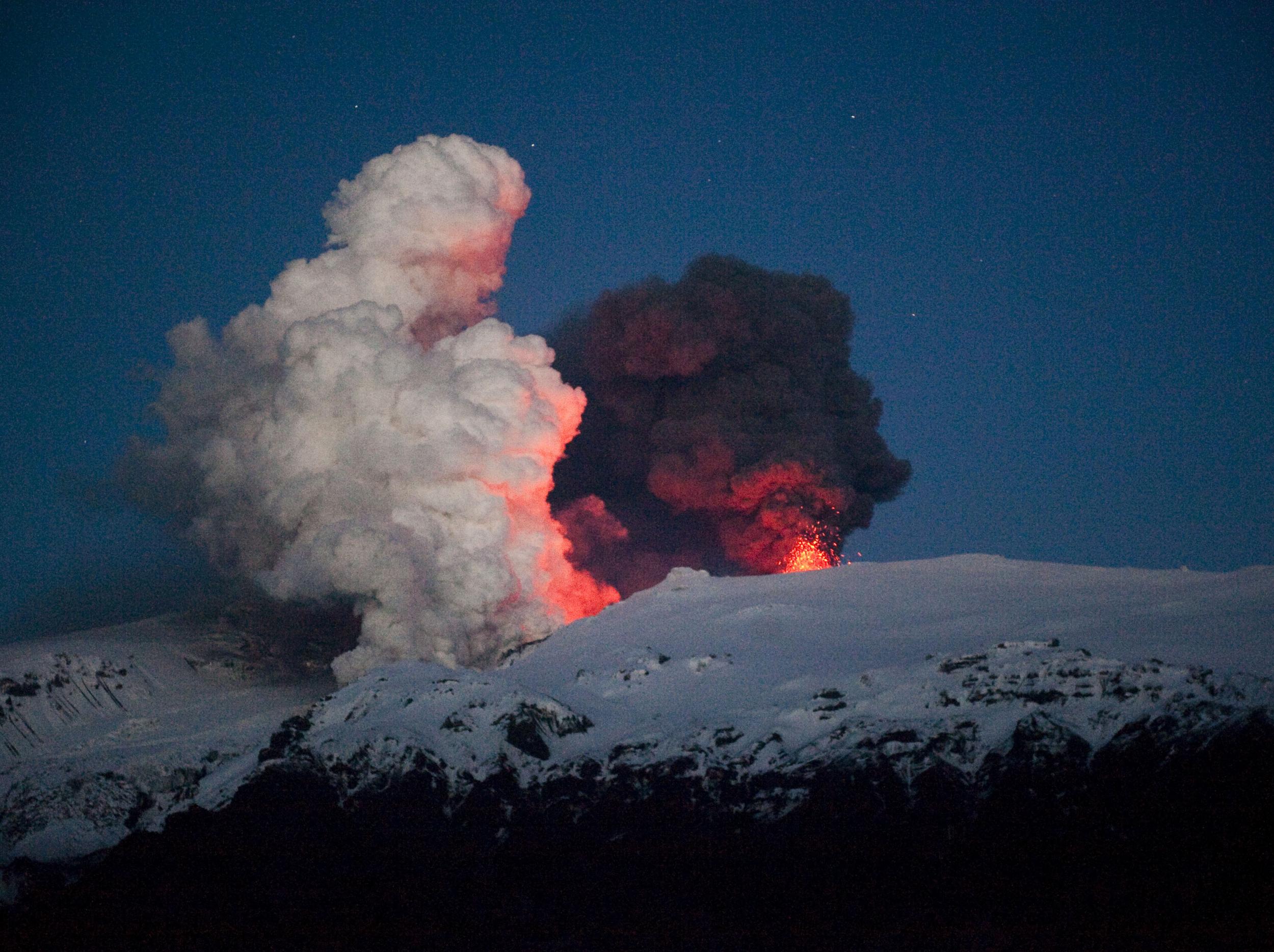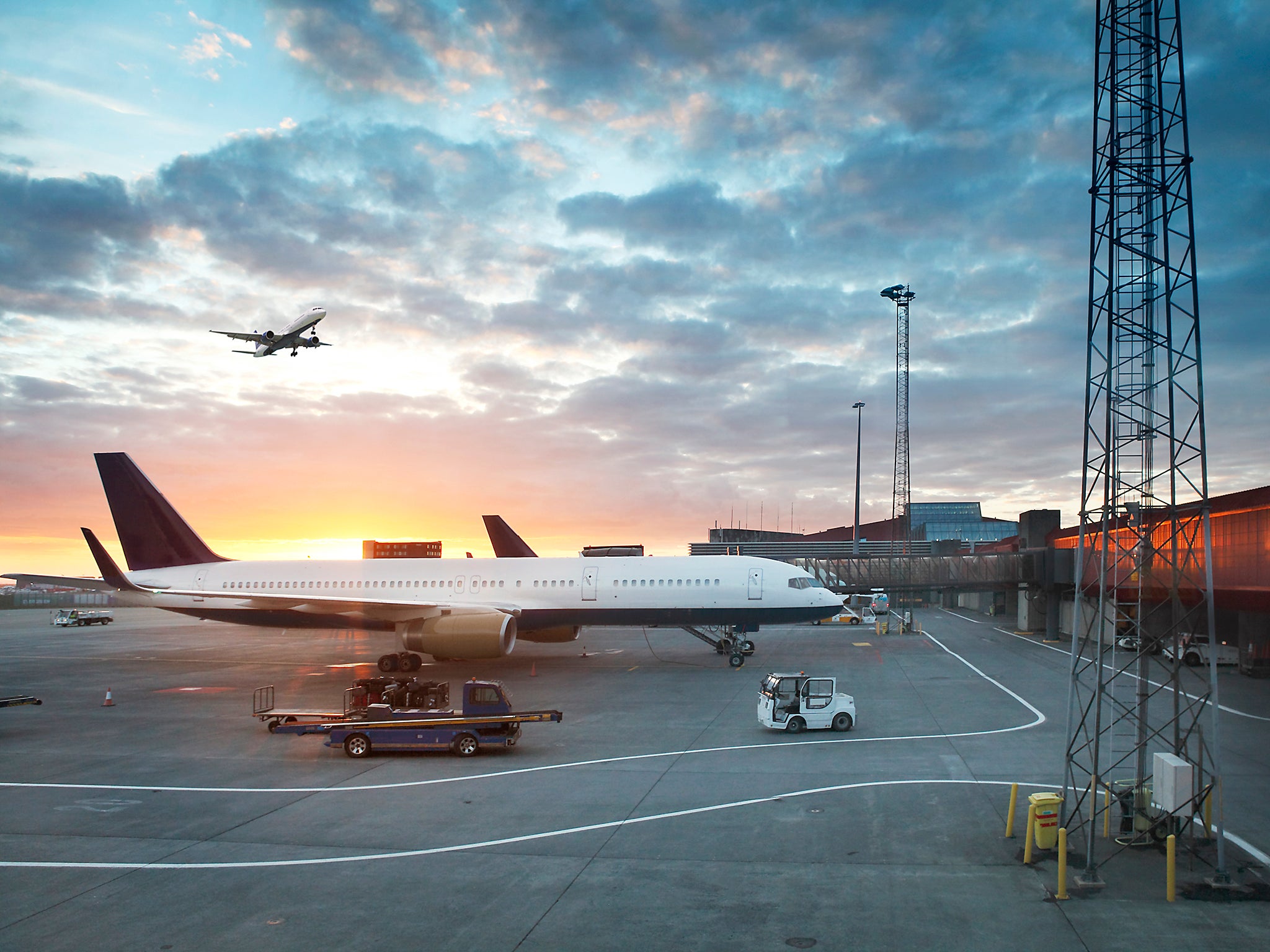Iceland volcano eruption: Are flights being cancelled?
An Icelandic airline said that air passengers could get a ‘spectacular view’ of the volcanic lava
A volcano in Iceland has erupted and continues to spew lava in an area close to the tourist hotspot Reykjavik.
The Fagradalsfjall volcano is located about 20 miles (about 32km) from Keflavik Airport, the country’s international hub in the southwest of the island.
But, luckily for flight passengers, the volcano’s second bout of activity in the space of 6,000 years is expected to have little effect on air traffic.
No flights have been disrupted and the airport has remained open.
This is in stark contrast to the April 2010 eruption of Eyjafjallajökull, a volcano in the south of Iceland that emitted a thick volcanic ash cloud that grounded more than 100,000 flights in Europe over the course of about a week.
About 10 million passengers in Europe and North America were affected.

Icelandic airline Play has reassured its customers that the new eruption does not pose a threat to infrastructure.
It added: “Keflavik International Airport is open and incoming flights are about to get a truly spectacular view!”
Roads have been closed in the immediate area around Fagradalsfjall in the Reykjanes Peninsula.
People have not been banned from watching the eruption in person – although some safety warnings have been issued by Icelandic officials.
Fagradalsfjall began erupting early on Wednesday afternoon local time, less than a year after the end of its previous eruption – which started in March 2021 and lasted six months.
Lava has been coming out of a narrow fissure, as seen in footage from a live video feed belonging to the Icelandic state broadcaster RÚV.

People have visited the peninsula to watch the event that is known as a “tourist eruption”, a commonly-used term for eruptions of this size, said tourist board Visit Iceland.
Iceland’s Civil Defense advises people not to go and watch the eruption with young children. One of its officials reported that guards have had to step in after spotting families going there with children as young as six.
Everyone who enters the area is sent a text message in Icelandic and English about the danger that it can pose to their health, RÚV reported.
Thorvaldur Thordarson, a professor in volcanology at the University of Iceland, told Icelandic media that he does not consider the fissure – that he believes to be about 500 metres long – to be dangerous, as long as it does not grow bigger.
However, he has warned people in the area to avoid breathing in the “cloud” of sulfur gas being emitted by the volcano.
Join our commenting forum
Join thought-provoking conversations, follow other Independent readers and see their replies
Comments
Bookmark popover
Removed from bookmarks